The announcement comes as talks with U. S. , French and Russian suppliers drag but Sekhar Basu, secretary of the government's Department of Atomic Energy, rejected suggestions that New Delhi was losing patience.
India's plan to build 10 of its own nuclear reactors does not signal a pivot away from foreign suppliers, but to succeed their projects must be financially sound and based on proven technology, a top official told Reuters.
Prime Minister Narendra Modi's cabinet on Wednesday backed a plan to build a fleet of indigenous Pressurised Heavy Water Reactors (PHWRs) capable of generating 7,000 megawatts of power - more than India's existing installed capacity.
The announcement comes as talks with U.S., French and Russian suppliers drag but Sekhar Basu, secretary of the government's Department of Atomic Energy, rejected suggestions that New Delhi was losing patience.
"These are all part of our programme," Basu told Reuters in a telephone interview. He added that there was "no correlation" between Wednesday's decision and the separate talks with foreign suppliers.
Modi has made nuclear expansion a key plank of his strategy to supply Asia's No.3 economy, and 1.3 billion people, with enough power to drive long-term growth. About 300 million Indians still lack access to power.
But, despite a civil nuclear accord struck with the United States in 2005, a hoped-for bonanza in India has yet to materialise. Domestically-built nuclear projects have also been slow to get off the ground.
That has left a target of boosting nuclear capacity ninefold to 63,000 MW by 2032 looking increasingly ambitious.
BANKRUPTCY BLIGHT
Negotiations with Westinghouse Electric to build six of its AP1000 reactors in the southern state of Andhra Pradesh have been complicated by its bankruptcy filing in March, triggered by huge overruns at its U.S. projects.
Technical talks continue with Westinghouse, owned by Japan's Toshiba Corp. But, said Basu, to strike a commercial deal the company must show it is financially stable; the AP1000 reactor should be proven in practice; and the power supply tariff should be viable.
He said the situation was similar with French utility EDF , which signed a preliminary pact in Jan. 2016 to build six European Pressurised Reactors (EPR) at Jaitapur, on India's western seaboard.
Long delays to the construction of an EPR in Finland have led to legal action. In France, work on an EPR is also running years late and the estimated budget has trebled to more than 10 billion euros ($11 billion).
"They have to sort out their financial issues before anything can come on the table," Basu said. "We will not buy a reactor unless a plant is operating in their own country."
HOMEGROWN INDUSTRY
State-owned Nuclear Power Corporation of India Ltd (NPCIL) operates a fleet of 22 nuclear reactors with installed capacity of 6,780 MW.
Eighteen are Pressurised Heavy Water Reactors - a relatively old design that does not require enriched uranium. Six more PHWRs are under construction. India expects existing projects to add 6,700 MW in capacity by 2021-22.
Basu said it should be possible to deliver the new PHWRs at a cost of 15 million rupees ($230,000) per megawatt of installed capacity. The reactors would be built serially, with the first completed in seven years.
Indian companies, such as Larsen & Toubro, Kirloskar Brothers Limited and Godrej & Boyce have welcomed the government's move.
"It's a big step forward for the domestic industry. We have capabilities in-house, both in design and construction," said S.N. Roy, head of the nuclear business at L&T, which designs and makes PHWRs.
"My perception is that the government of India decided to fast-forward the nuclear programme. We have the technology available to do it ourselves." ($1=64.4600 Indian rupees)
(This article has not been edited by DNA's editorial team and is auto-generated from an agency feed.)
![submenu-img]() Ramesh Awasthi: Kanpur's 'Karma Yogi' - Know inspirational journey of 'common man' devoted for society
Ramesh Awasthi: Kanpur's 'Karma Yogi' - Know inspirational journey of 'common man' devoted for society![submenu-img]() Tovino Thomas accused of stopping his film Vazhakku's release by director Sanal Kumar Sasidharan: 'The agenda of...'
Tovino Thomas accused of stopping his film Vazhakku's release by director Sanal Kumar Sasidharan: 'The agenda of...'![submenu-img]() PM Modi wears turban, serves langar at Gurudwara Patna Sahib in Bihar, watch
PM Modi wears turban, serves langar at Gurudwara Patna Sahib in Bihar, watch![submenu-img]() Anil Ambani’s debt-ridden Reliance’s ‘buyer’ now waits for RBI nod, wants Rs 80000000000…
Anil Ambani’s debt-ridden Reliance’s ‘buyer’ now waits for RBI nod, wants Rs 80000000000…![submenu-img]() Man in bizarre jeans dances to Tinku Jiya in crowded metro, viral video makes internet furious
Man in bizarre jeans dances to Tinku Jiya in crowded metro, viral video makes internet furious![submenu-img]() Maharashtra Board HSC, SSC Results 2024: MSBSHSE class 10, 12 results soon at mahresult.nic.in, latest update here
Maharashtra Board HSC, SSC Results 2024: MSBSHSE class 10, 12 results soon at mahresult.nic.in, latest update here![submenu-img]() Meet IIT-JEE topper who passed JEE Advanced with AIR 1, decided to drop out of IIT due to…
Meet IIT-JEE topper who passed JEE Advanced with AIR 1, decided to drop out of IIT due to…![submenu-img]() Meet IPS Idashisha Nongrang, who became Meghalaya's first woman DGP
Meet IPS Idashisha Nongrang, who became Meghalaya's first woman DGP![submenu-img]() CBSE Results 2024: CBSE Class 10, 12 results date awaited, check latest update here
CBSE Results 2024: CBSE Class 10, 12 results date awaited, check latest update here![submenu-img]() Meet man, who was denied admission in IIT due to blindness, inspiration behind Rajkummar Rao’s film, now owns...
Meet man, who was denied admission in IIT due to blindness, inspiration behind Rajkummar Rao’s film, now owns...![submenu-img]() DNA Verified: Is CAA an anti-Muslim law? Centre terms news report as 'misleading'
DNA Verified: Is CAA an anti-Muslim law? Centre terms news report as 'misleading'![submenu-img]() DNA Verified: Lok Sabha Elections 2024 to be held on April 19? Know truth behind viral message
DNA Verified: Lok Sabha Elections 2024 to be held on April 19? Know truth behind viral message![submenu-img]() DNA Verified: Modi govt giving students free laptops under 'One Student One Laptop' scheme? Know truth here
DNA Verified: Modi govt giving students free laptops under 'One Student One Laptop' scheme? Know truth here![submenu-img]() DNA Verified: Shah Rukh Khan denies reports of his role in release of India's naval officers from Qatar
DNA Verified: Shah Rukh Khan denies reports of his role in release of India's naval officers from Qatar![submenu-img]() DNA Verified: Is govt providing Rs 1.6 lakh benefit to girls under PM Ladli Laxmi Yojana? Know truth
DNA Verified: Is govt providing Rs 1.6 lakh benefit to girls under PM Ladli Laxmi Yojana? Know truth![submenu-img]() Remember Harsh Lunia? Just Mohabbat child star, here's how former actor looks now, his wife is Bollywood's popular...
Remember Harsh Lunia? Just Mohabbat child star, here's how former actor looks now, his wife is Bollywood's popular...![submenu-img]() Mother's Day 2024: Bollywood supermoms who balance motherhood, acting, and run multi-crore businesses
Mother's Day 2024: Bollywood supermoms who balance motherhood, acting, and run multi-crore businesses![submenu-img]() Rocky Aur Rani's Golu aka Anjali Anand shocks fans with drastic weight loss without gym, says fitness secret is...
Rocky Aur Rani's Golu aka Anjali Anand shocks fans with drastic weight loss without gym, says fitness secret is...![submenu-img]() In pics: Ram Charan gets mobbed by fans during his visit to Pithapuram for ‘indirect campaign’ for uncle Pawan Kalyan
In pics: Ram Charan gets mobbed by fans during his visit to Pithapuram for ‘indirect campaign’ for uncle Pawan Kalyan![submenu-img]() Streaming This Week: Yodha, Aavesham, Murder In Mahim, Undekhi season 3, latest OTT releases to binge-watch
Streaming This Week: Yodha, Aavesham, Murder In Mahim, Undekhi season 3, latest OTT releases to binge-watch![submenu-img]() Haryana Political Crisis: Will 3 independent MLAs support withdrawal impact the present Nayab Saini led-BJP government?
Haryana Political Crisis: Will 3 independent MLAs support withdrawal impact the present Nayab Saini led-BJP government?![submenu-img]() DNA Explainer: Why Harvey Weinstein's rape conviction was overturned, will beleaguered Hollywood mogul get out of jail?
DNA Explainer: Why Harvey Weinstein's rape conviction was overturned, will beleaguered Hollywood mogul get out of jail?![submenu-img]() What is inheritance tax?
What is inheritance tax?![submenu-img]() DNA Explainer: What is cloud seeding which is blamed for wreaking havoc in Dubai?
DNA Explainer: What is cloud seeding which is blamed for wreaking havoc in Dubai?![submenu-img]() DNA Explainer: What is Israel's Arrow-3 defence system used to intercept Iran's missile attack?
DNA Explainer: What is Israel's Arrow-3 defence system used to intercept Iran's missile attack?![submenu-img]() Tovino Thomas accused of stopping his film Vazhakku's release by director Sanal Kumar Sasidharan: 'The agenda of...'
Tovino Thomas accused of stopping his film Vazhakku's release by director Sanal Kumar Sasidharan: 'The agenda of...'![submenu-img]() Ratna Pathak Shah calls Guru Dutt and Bimal Roy's films 'offensive', says, 'women are constantly...'
Ratna Pathak Shah calls Guru Dutt and Bimal Roy's films 'offensive', says, 'women are constantly...'![submenu-img]() Shreyas Talpade recalls how he felt bad when his film Kaun Pravin Tambe did not release in theatres: 'It deserved...'
Shreyas Talpade recalls how he felt bad when his film Kaun Pravin Tambe did not release in theatres: 'It deserved...'![submenu-img]() Anup Soni slams his deepfake video from Crime Patrol, being used to promote IPL betting
Anup Soni slams his deepfake video from Crime Patrol, being used to promote IPL betting![submenu-img]() Real story that inspired Heeramandi: The tawaif who helped Gandhi fight British Raj, was raped, abused, died in...
Real story that inspired Heeramandi: The tawaif who helped Gandhi fight British Raj, was raped, abused, died in...![submenu-img]() Man in bizarre jeans dances to Tinku Jiya in crowded metro, viral video makes internet furious
Man in bizarre jeans dances to Tinku Jiya in crowded metro, viral video makes internet furious![submenu-img]() Lift collides with roof in Noida society after brakes fail, 3 injured
Lift collides with roof in Noida society after brakes fail, 3 injured![submenu-img]() Zomato CEO Deepinder Goyal invites employees' moms to office for Mother's Day celebration, watch
Zomato CEO Deepinder Goyal invites employees' moms to office for Mother's Day celebration, watch![submenu-img]() This clip of kind woman feeding rotis to stray cows will bring tears of joy to your eyes, watch
This clip of kind woman feeding rotis to stray cows will bring tears of joy to your eyes, watch![submenu-img]() Viral video: Seagull swallows squirrel whole in single go, internet is stunned
Viral video: Seagull swallows squirrel whole in single go, internet is stunned
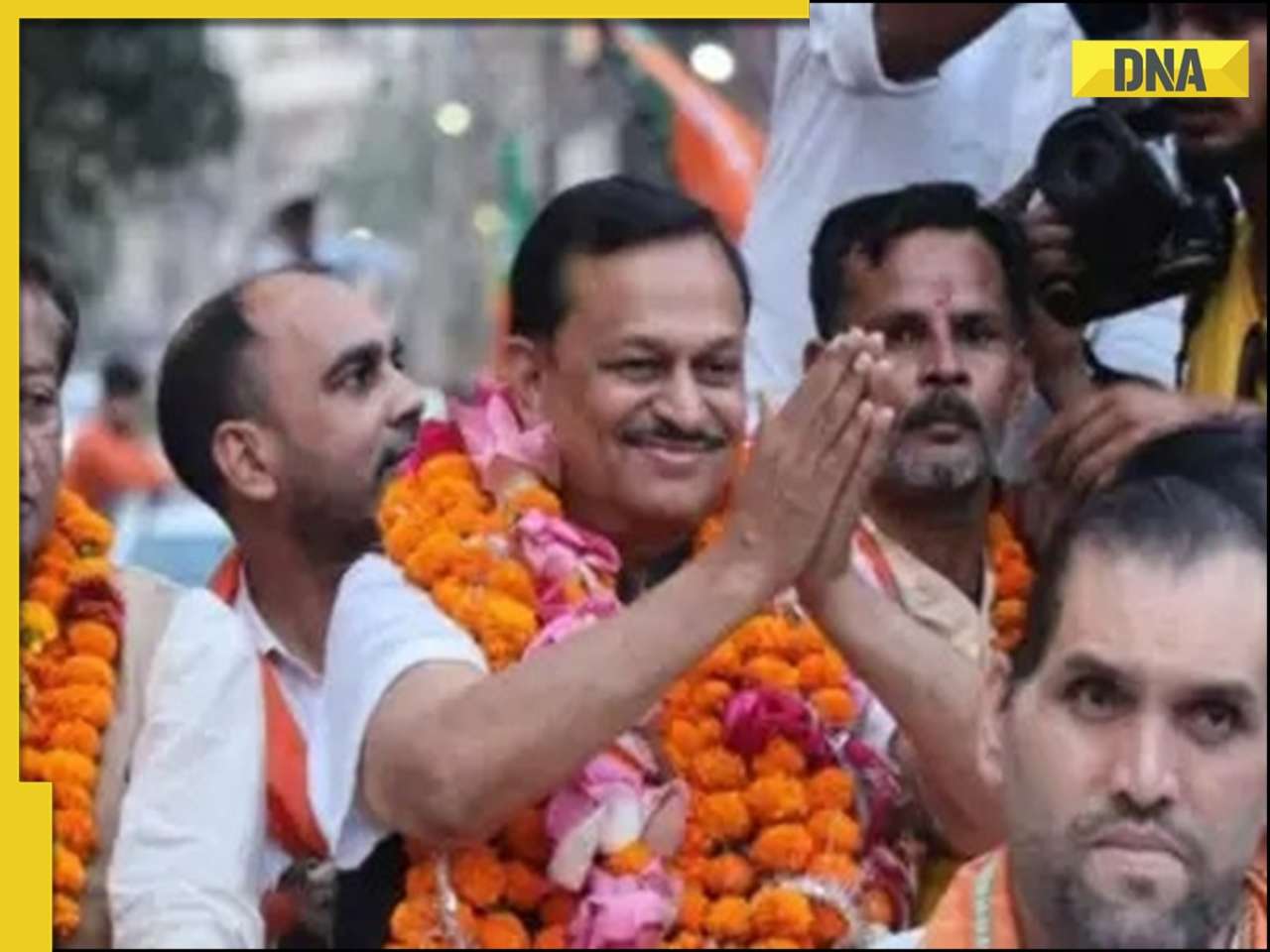

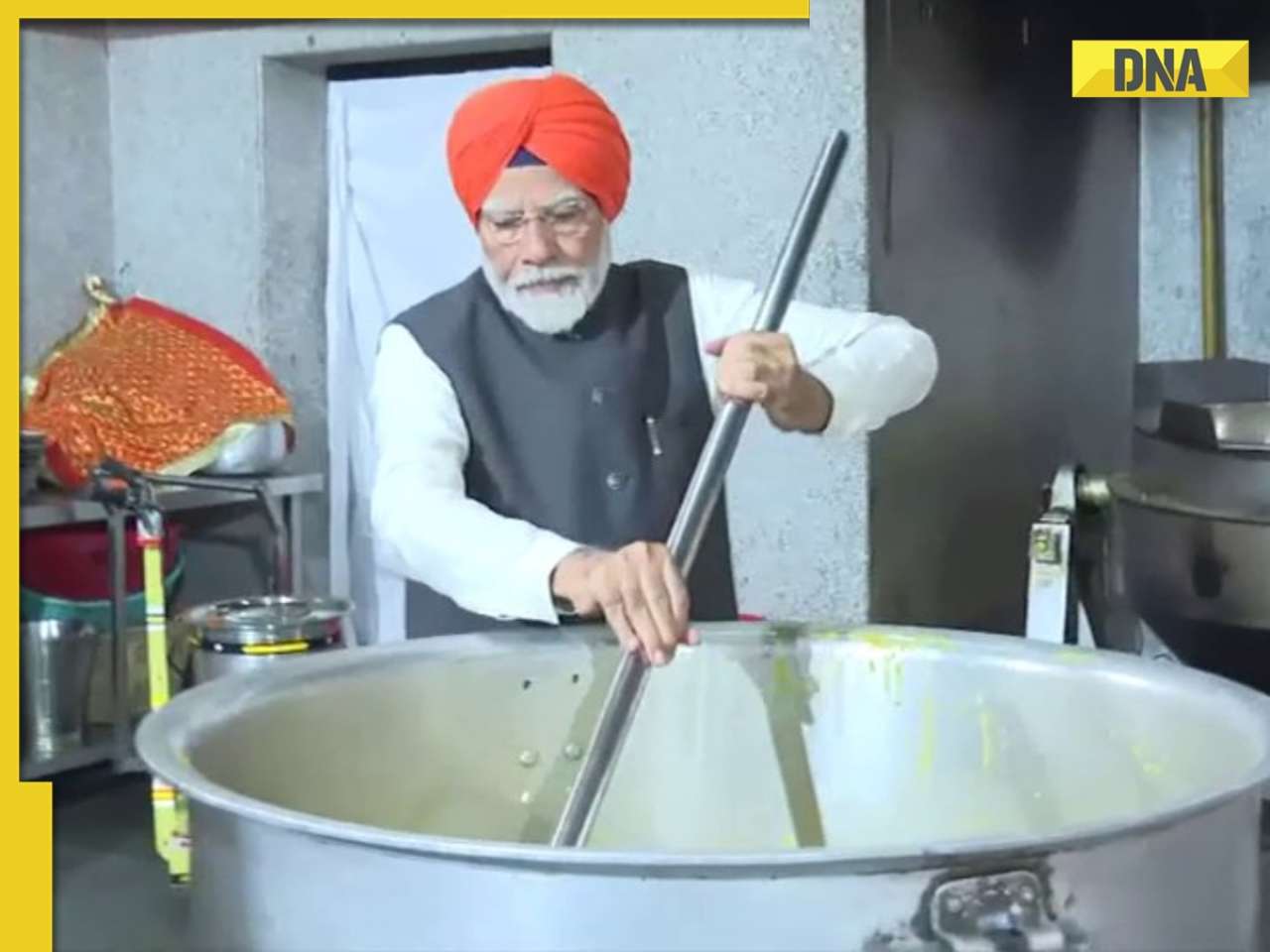
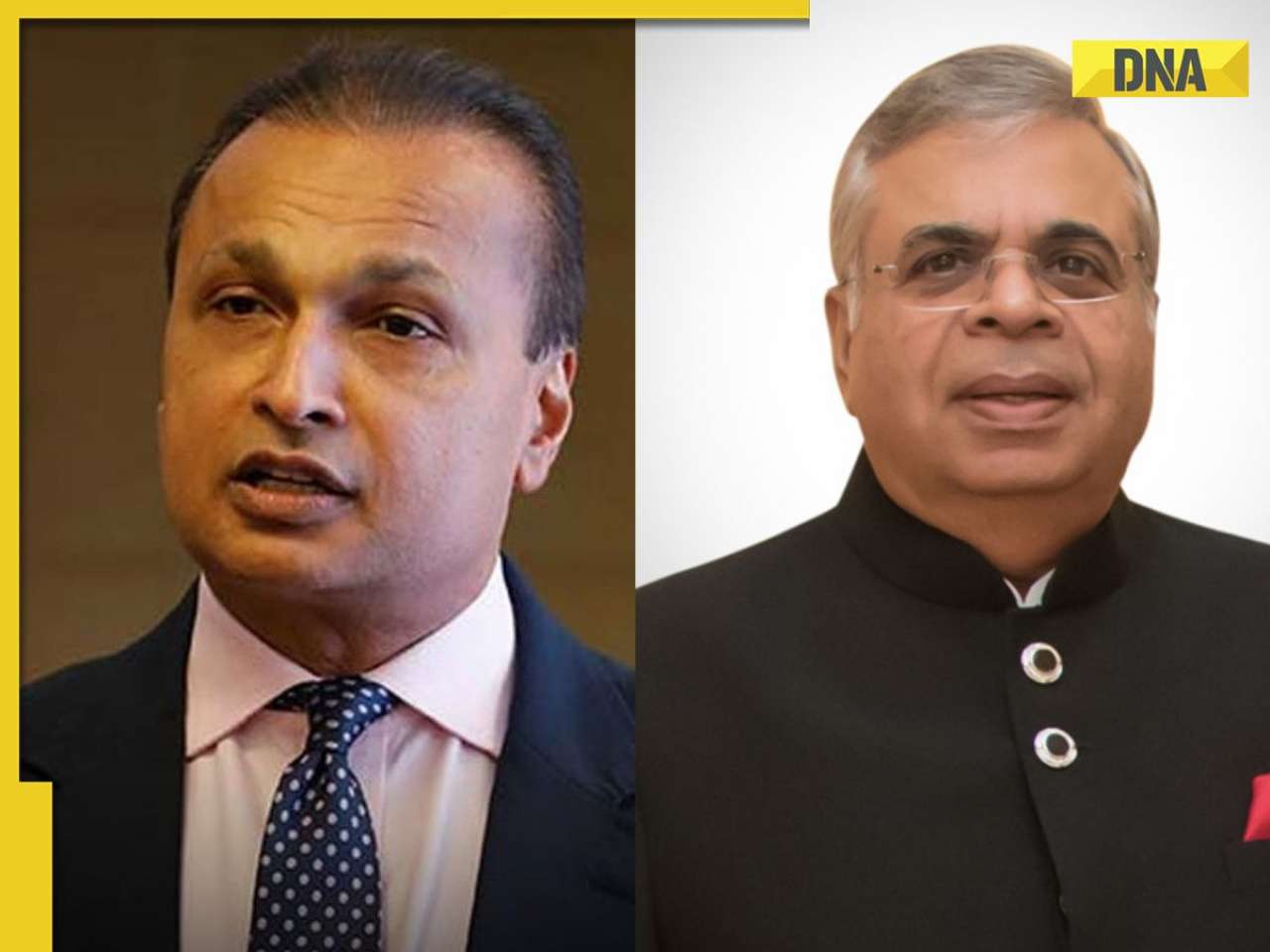






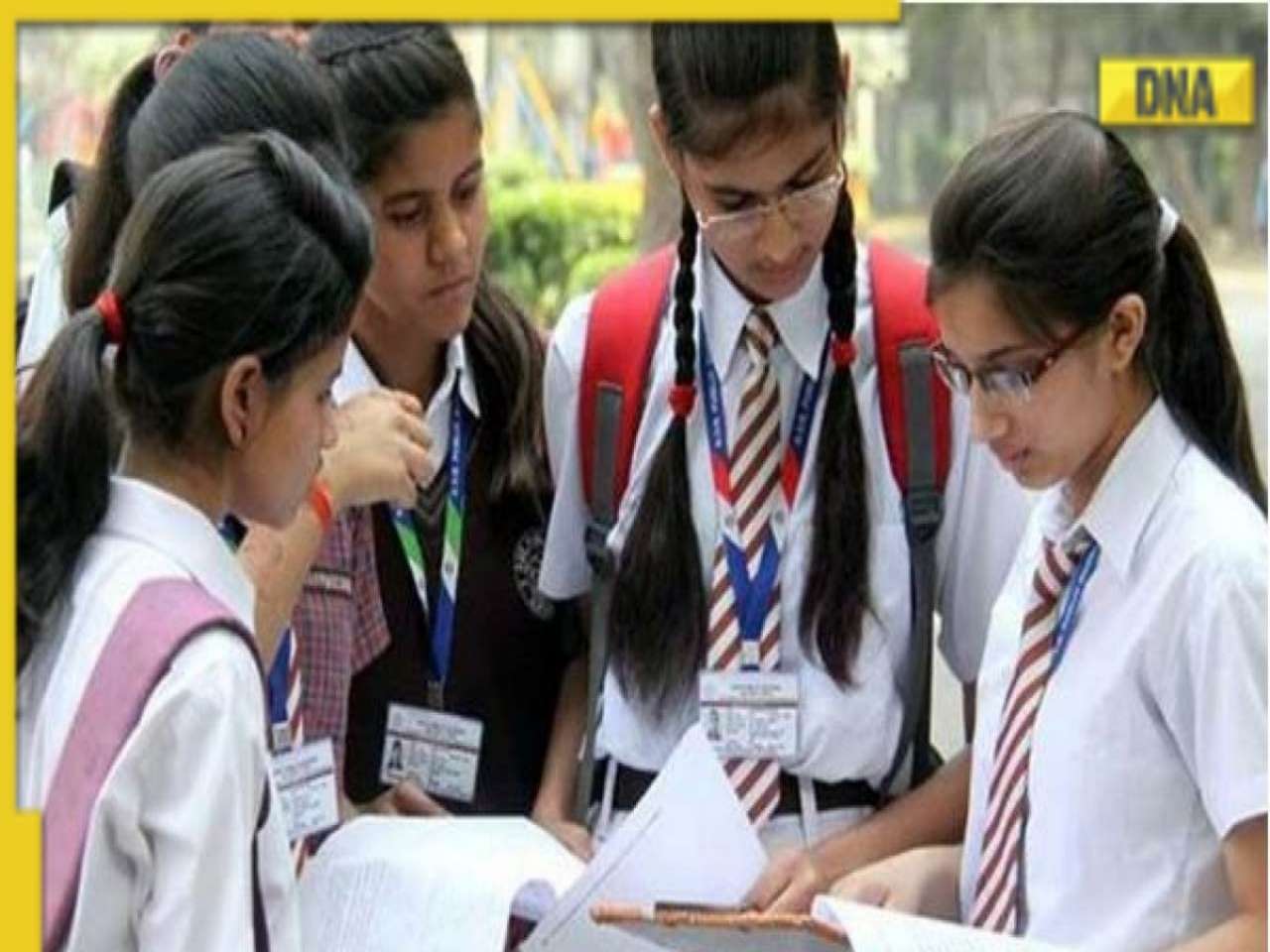

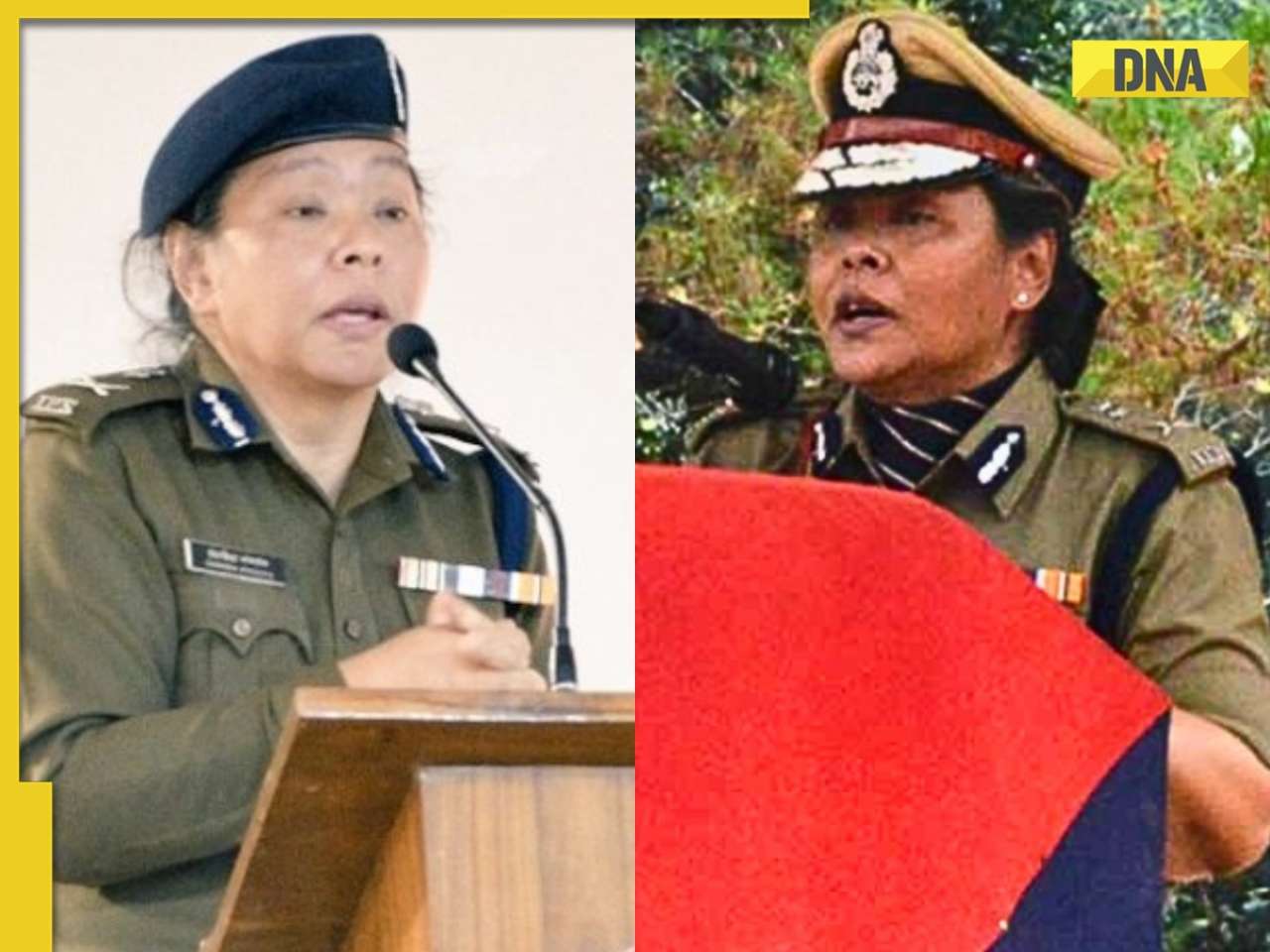

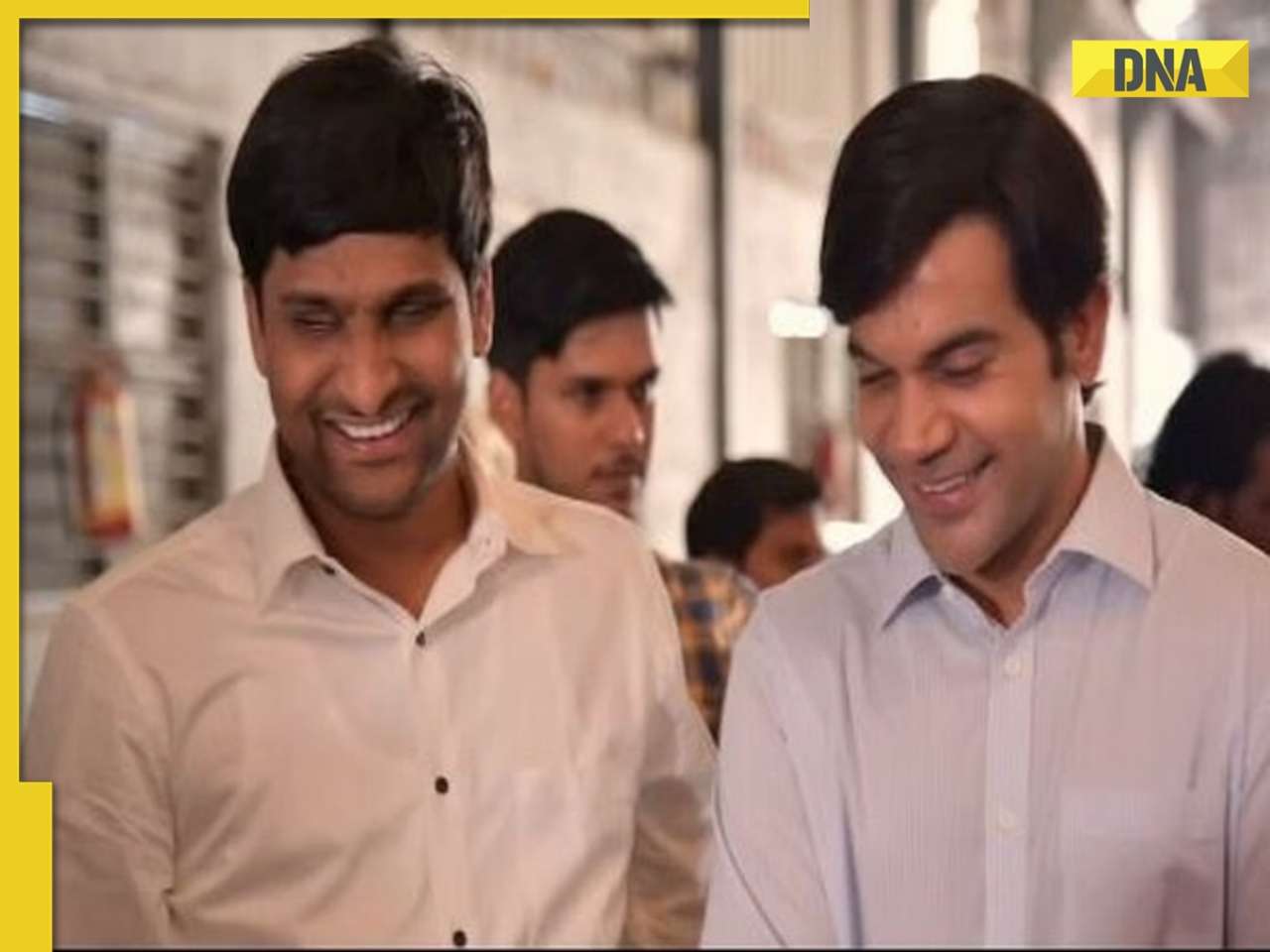















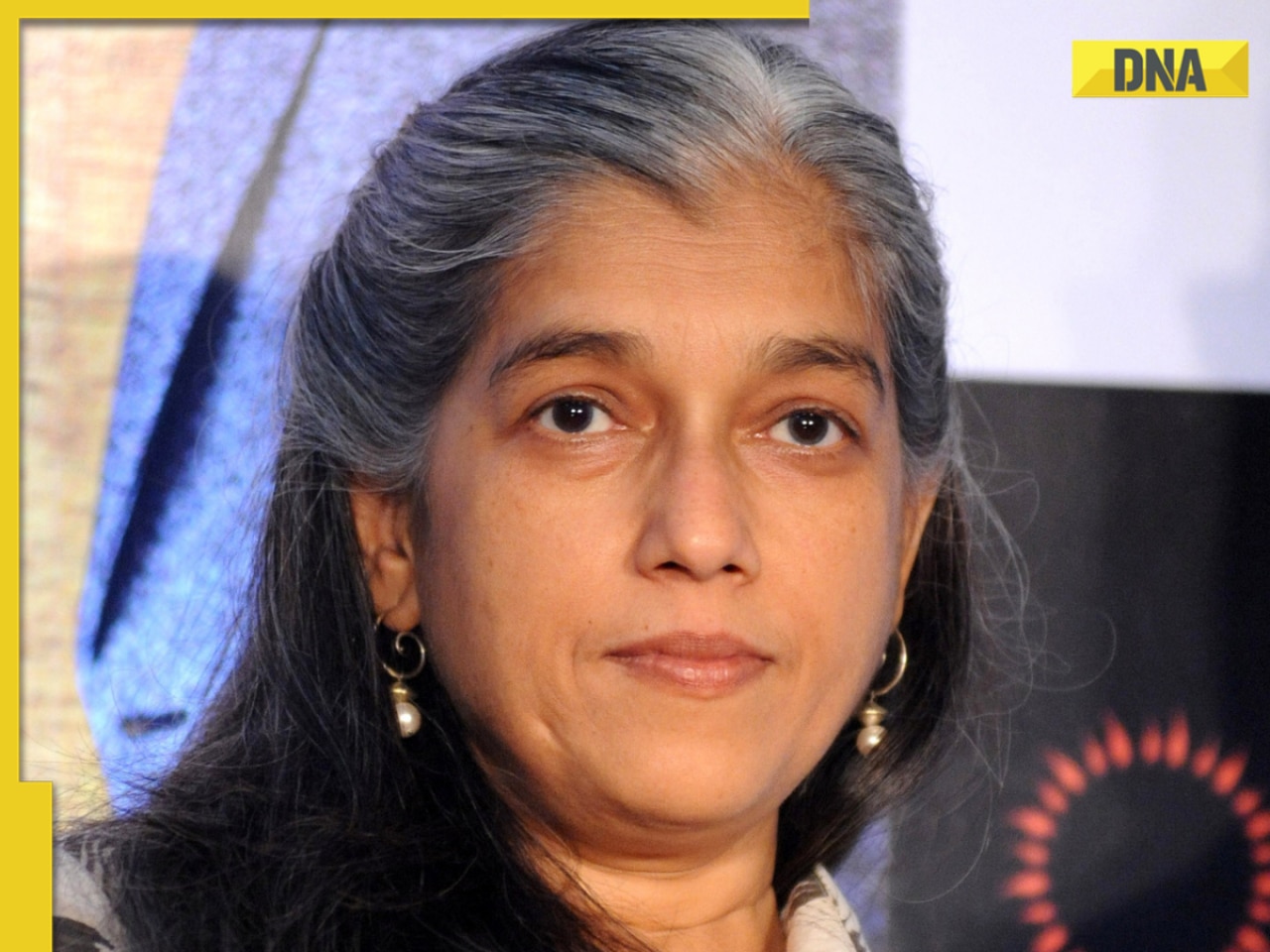

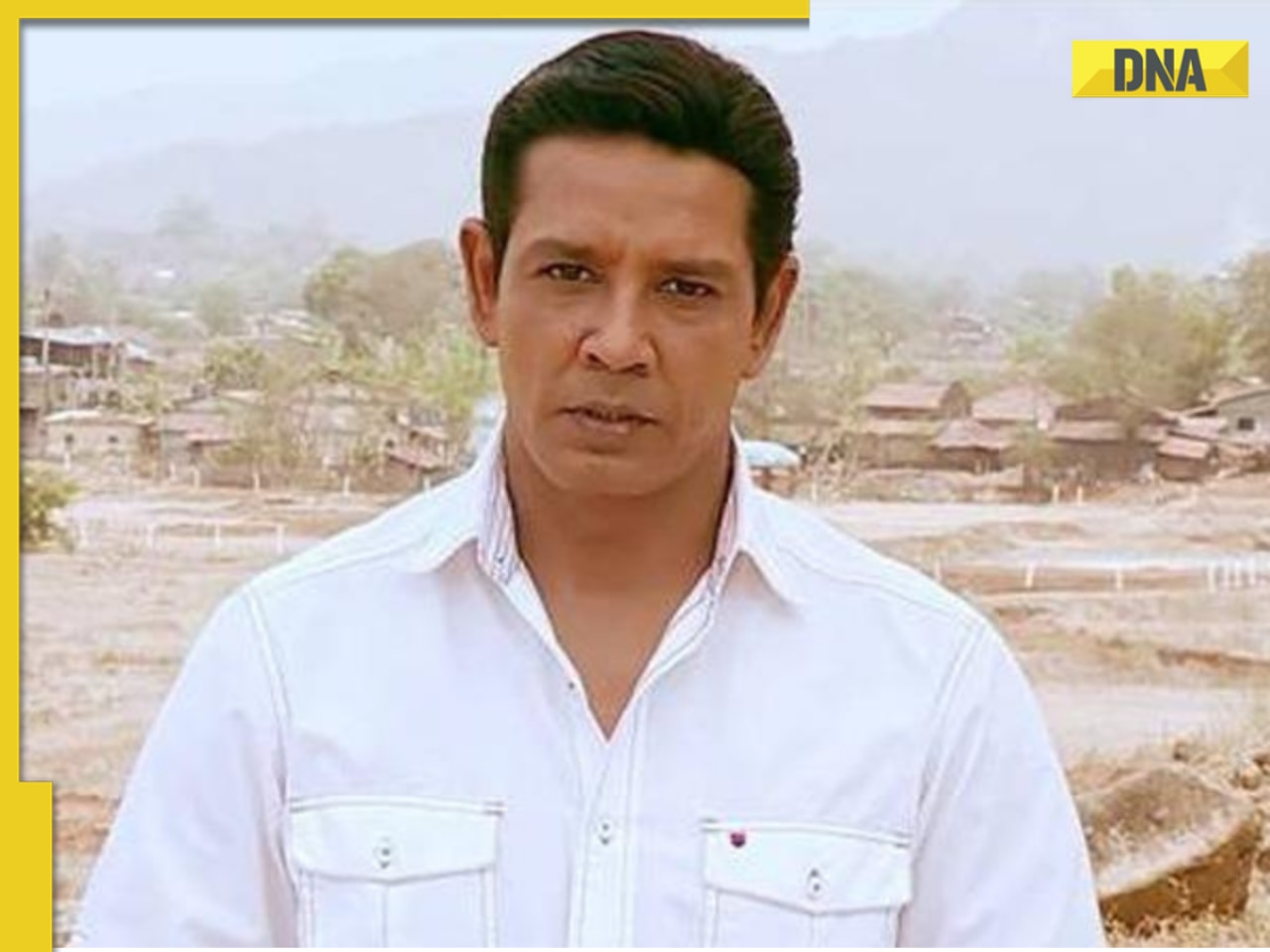

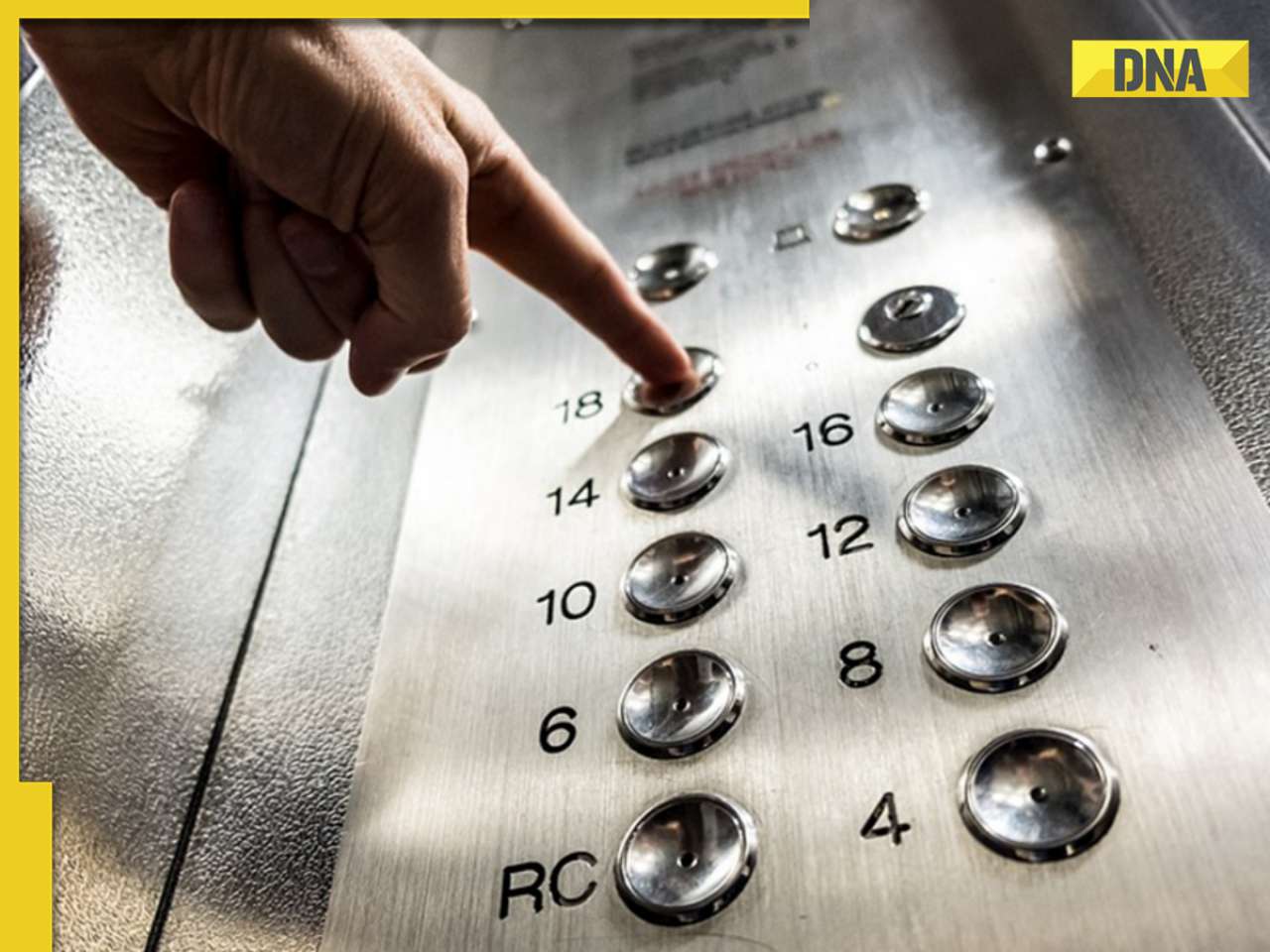







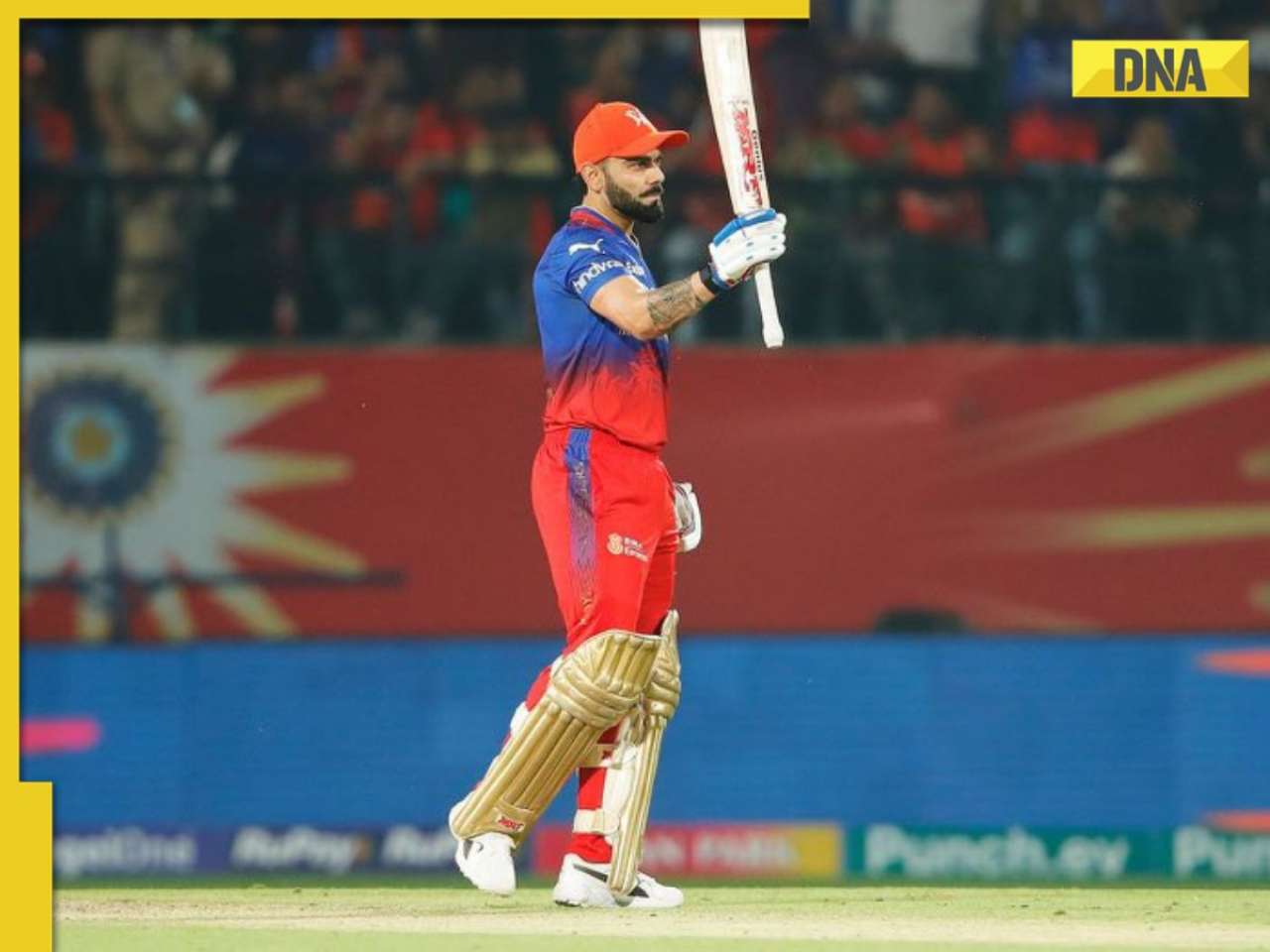



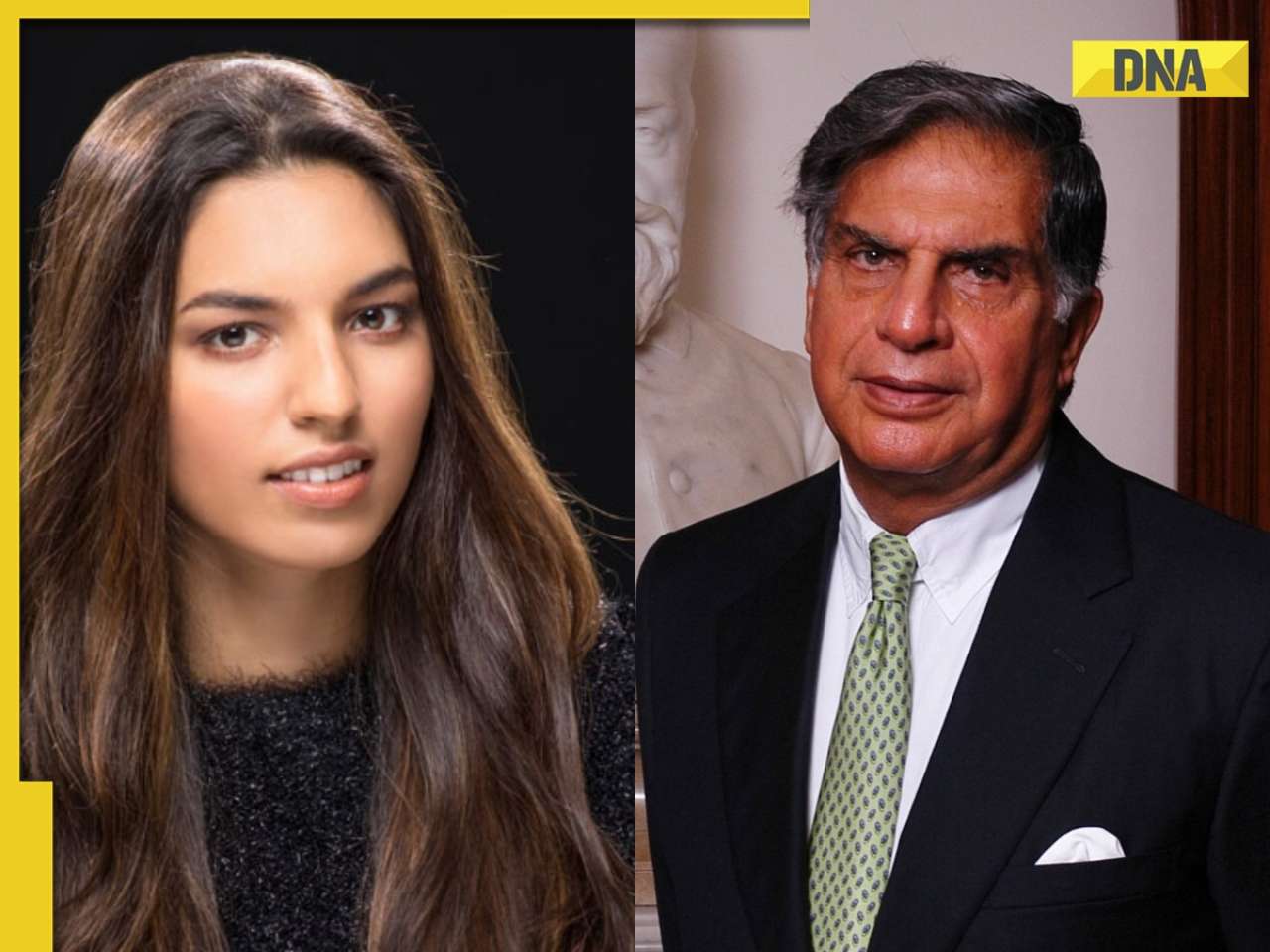










)
)
)
)
)
)